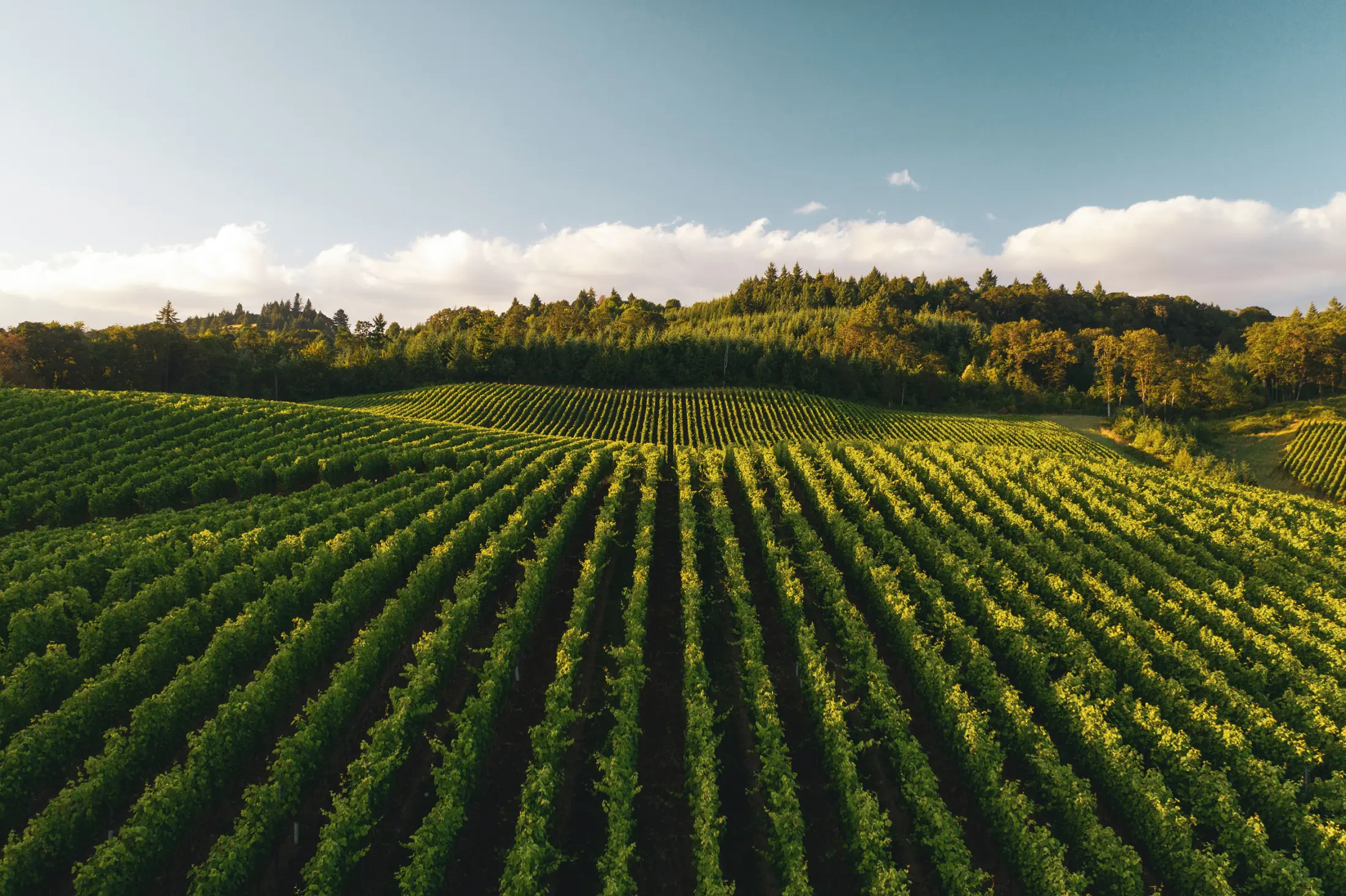Securing our Food Future with Earth Observations
As the world is faced with food insecurity challenges, Earth observations have emerged as an essential, innovative tool in ensuring everyone has access to enough nutritious food—a commitment in Sustainable Development Goal 2: Zero Hunger.
By harnessing these observations:
- We monitor and adapt by tracking variables critical to food production such as weather, soil moisture, and freshwater supplies. This helps in understanding and adjusting to nature’s always changing rhythms.
- We predict and alert by providing early warnings against storms, climate change impacts, and water pollution, ensuring farmers can take timely preventive measures.
- We support and sustain by aiding farmers, fishers, and policymakers in fostering productivity, ensuring that our agricultural practices don’t further harm our environment. This sustainable management is key to preserving our ecosystems and biodiversity.
Safeguarding our food & environment
Agriculture has significant influence on our environment. Unsustainable practices can lead to issues like erosion, water scarcity, and chemical pollution, and overfishing threatens marine life and coastal ecosystems. Through Earth observations, we can continuously monitor these risks, ensuring that we only extract the food we need without depleting nature.
The Global Earth Observation System of Systems (GEOSS) plays a pivotal role in this mission by unifying diverse data streams and providing a comprehensive perspective essential for predicting agricultural patterns. This system can track changes in cropland locations, enhance the precision of biomass evaluations, ensure prompt delivery of agricultural data, and foresee any potential gaps in food supply.




